George Vekinis, a renowned physicist, suggests that most home cooks are likely using their steak cooking methods incorrectly, resulting in an awful meal.
A perfect steak should be microwaved to maintain its taste, instead of opting for the grill or a frying pan. And salting steak before frying causes chewy and dry meat.
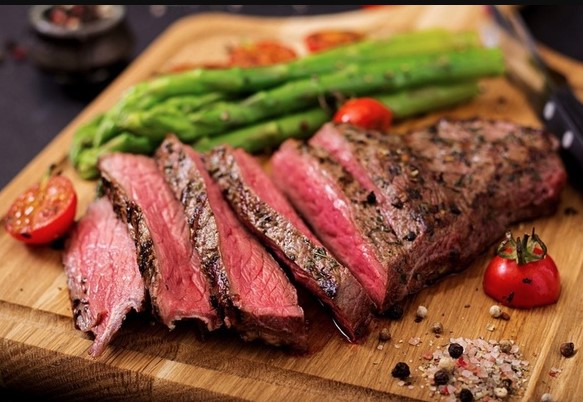
To explain this, Vekinis claims that: "Salting the steak draws water out from the meat and produces something that is tough and inedible."
"Salt must never be put on a steak before frying," Mr Vekinis said, speaking on the BBC podcast Instant Genius.
"Salt has this osmotic ability to drag out as much water as possible from the meat and you're going to get tough and inedible," he explained.
If you would like to season your steak, Mr Vekinis recommends doing so after the cooking process is finished to avoid drawing out any extra water.
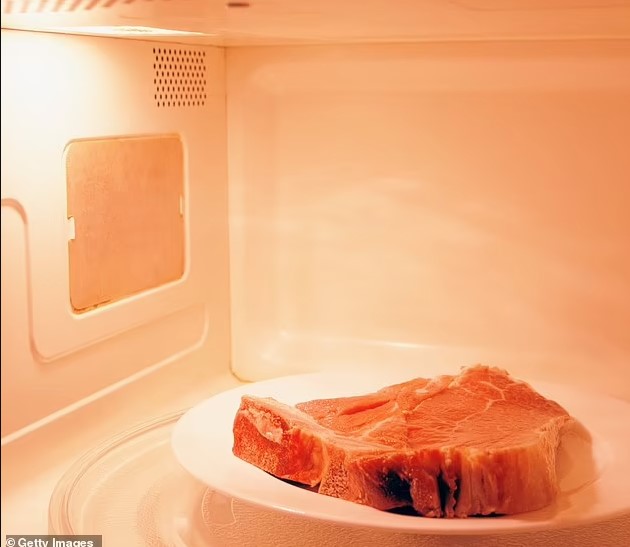
Another common blunder is cooking the steak while it is still cold from the fridge, which he prevents people from doing.
"When you cook it directly from the fridge, essentially what you're doing is not heating up the meat from the inside," Mr Vekinis said.
Because steaks are only directly heated for a brief period of time, the heat from the pan does not have sufficient time to move into the inside of the steak.
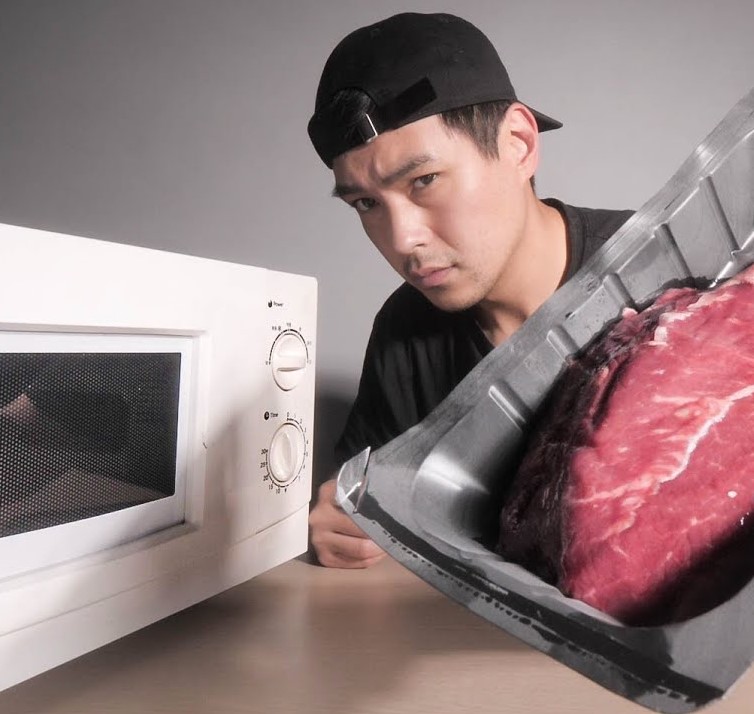
While the outer layer of the meat may cook fast, the interior may take much longer to cook, resulting in a burned outside or raw interior.
Mr. Vekinis suggests warming the steak in the microwave before frying to prevent sticking and ensure even cooking.
"Put it in the microwave oven for one to two minutes, and it depends on the thickness of the meat," he said.
"Then you fry it quickly, a very short time, as short time as possible, just to give it that little bit of Maillard yard reaction on the surface so you get this slight aroma and the pleasure of the taste."
Mr Vekinis added: "The ideal way of eating the meat is medium rare, so it's going to be slightly red and cooked on the outside.
"The only way to be absolutely sure of that is that you either start with a thin piece of meat or you have a thicker piece of meat that has been heated properly internally with microwaves.
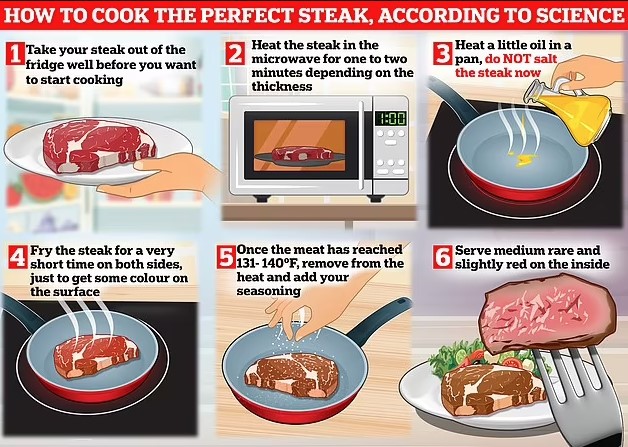
"The temperature inside the meat should reach at least 55-60°C [131- 140°F] and that's absolutely minimum.'
"When I say short I'm talking about a minute maximum. You take a steak or beef or whatever it is and you just fry it on both sides as little as possible," he emphasized.
The US Department of Agriculture recommends a minimum temperature of 145°F for fresh meat, which is 15°F higher than the ideal medium rare, to prevent food poisoning.
Rare steak is generally safer than rare ground meat due to the lack of bacteria penetration into the meat's interior.
Mr. Vekinis' advice on cooking steaks may anger some celebrity chefs who would turn their noses up at an unsalted, microwaved steak.
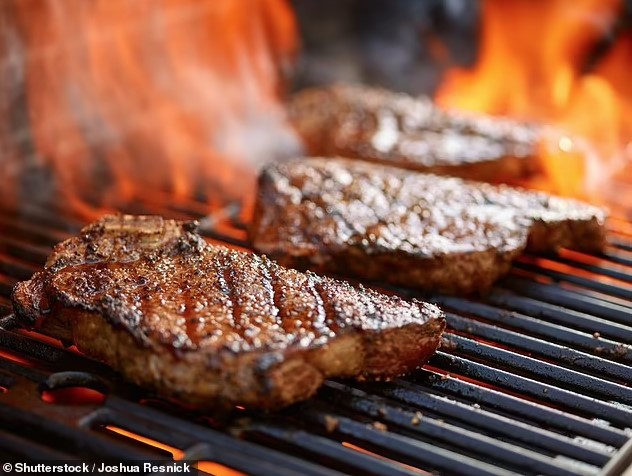
Gordon Ramsey's recipe suggests salting the steak before cooking, while Jamie Oliver's suggests salt, pepper, and olive oil before frying. American chef J. Kenji Lopez-Alt, known for his scientific approach, also disagrees with Vekinis's claims.
Mr. Lopez-Alt found that steaks cooked three to four minutes after seasoning had worse sear due to osmosis, while salted steaks immediately before cooking had excellent sear.
According to the study, salted steaks before cooking have an excellent sear and are not impacted by osmosis, whereas salting the night before and refrigerating the results produce better outcomes.






